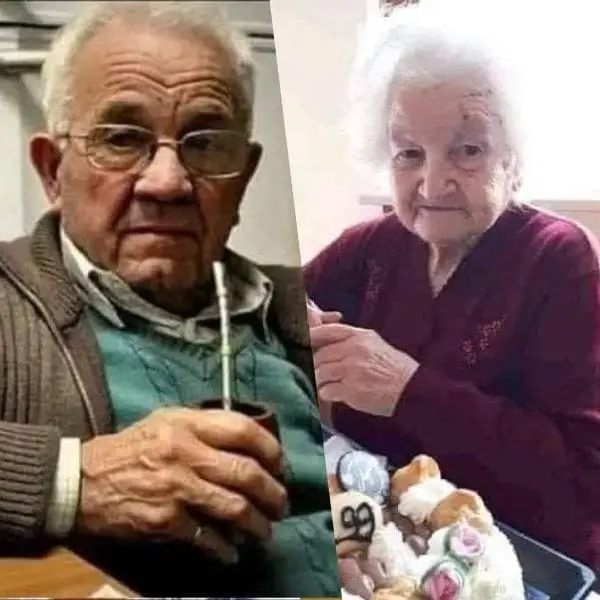A man who was left by his parents at a young age in an orphanage reunites with them in a retirement home fifty-seven years later, facing a pivotal choice that could alter his life forever.
Brendan’s earliest memories are filled with hunger and fear, often accompanied by the sound of angry voices discussing him.
The caregivers who were meant to be nurturing were instead harsh and unkind.
He recalls climbing out of his small bed, drawn to the sounds of music and laughter, his diaper heavy and soaked. Then, suddenly, the laughter ceased.
“For goodness’ sake, we need to get rid of that brat!” a woman’s voice exclaimed. It was his mother.
Occasionally, when his mother felt relaxed and happy, she would allow Brendan to snuggle against her warmth, providing him with a brief sense of safety and comfort. However, more often, his presence annoyed his parents.
It would be many years before grown-up Brendan understood the reasons behind little Brendan’s suffering and feelings of unworthiness.
His parents were affluent, living off trust funds. At the time of his birth, they were part of a commune.
Though the sixties era celebrated peace, love, and flower power, for Brendan’s parents, it did not extend to a desire for children. When Margaret learned she was pregnant, she was filled with shock and rage.
She was appalled at the prospect of motherhood — something she never wanted — and frustrated that it was too late to prevent Brendan’s arrival.
Luckily for her and Rafe, the commune was filled with nurturing women who adored babies and willingly took care of little Brendan.
Brendan wasn’t intended to be named Brendan; they had hoped for a more whimsical name like Moonchild. But when the man at the registry saw Margaret’s bare feet and love beads, he inquired about her father’s name.
“Brendan,” she answered. As a result, the man registered him as Brendan – a practical name.
Margaret and Rafe lived in the commune until Brendan approached three years old, at which point they decided to move on.
They were captivated by a popular new guru following a lecture in San Francisco, which led them to conclude they should relocate to an ashram in India. But the question was, what to do about Brendan?
“It would be impossible to take him with us,” Margaret insisted.
“We should leave him at an orphanage; isn’t that where children are cared for?”
The story doesn’t end here –
it continues on the next page.
TAP → NEXT PAGE → 👇







